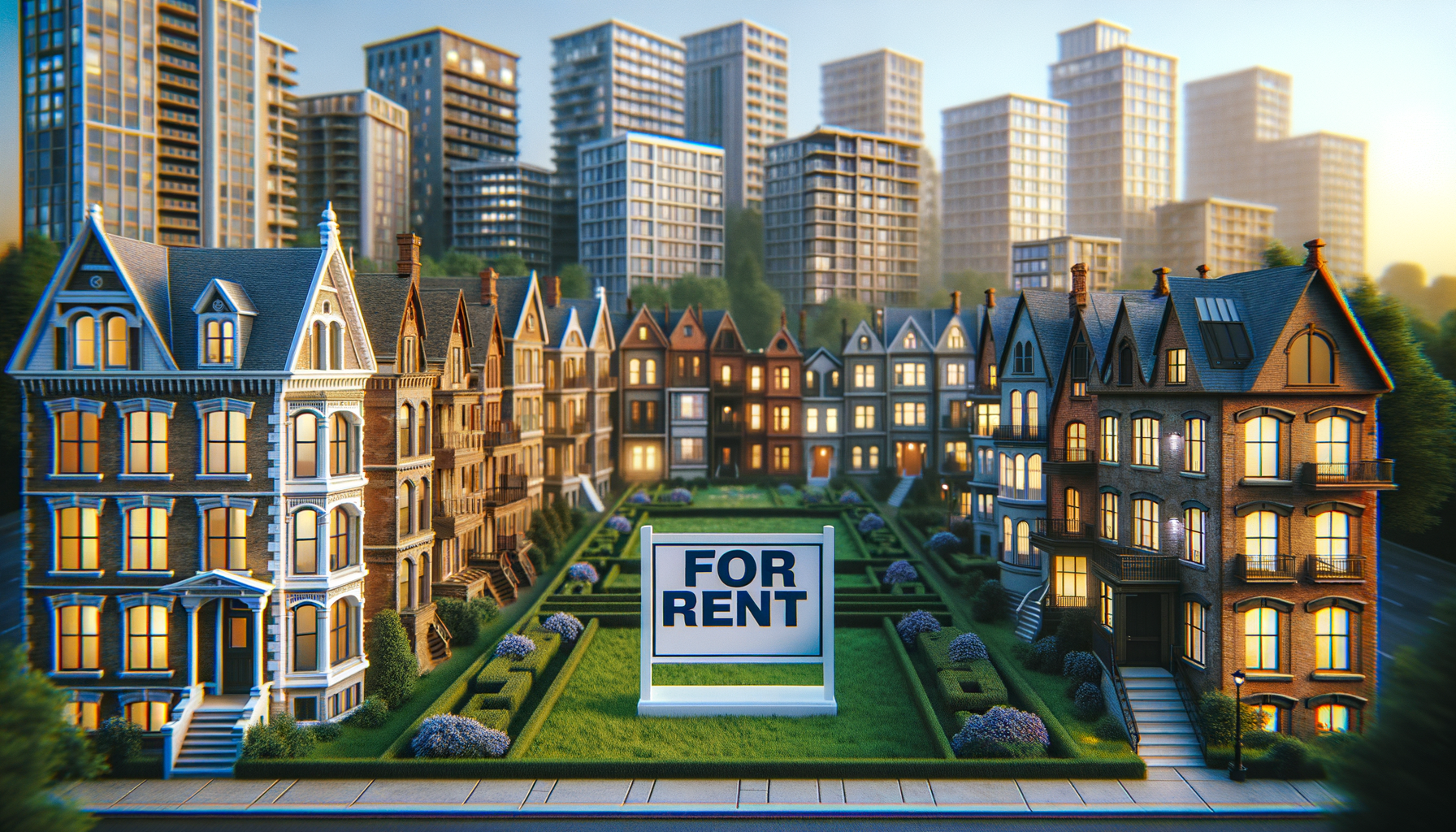
Renting Apartments: A Practical Guide to Finding Your Perfect Home
Understanding the Apartment Rental Process
Renting an apartment is a significant decision that involves various steps and considerations. Whether you are a first-time renter or have gone through the process before, understanding the intricacies of renting can save you time and stress. The process typically begins with identifying your needs and preferences, such as the desired location, budget, and apartment size. Once you have a clear idea of what you are looking for, the next step is to search for available apartments through online listings, real estate agents, or local advertisements.
After finding potential options, it’s crucial to visit the apartments in person. This allows you to assess the condition of the property, the neighborhood, and the amenities offered. During these visits, take note of the apartment’s layout, natural lighting, and any signs of damage or maintenance issues. It’s also wise to ask the landlord or property manager about the lease terms, security deposits, and any additional fees.
Once you’ve selected an apartment, the application process begins. This typically involves completing a rental application, providing proof of income, and undergoing a credit check. Some landlords may also require references from previous landlords or employers. Understanding these steps and being prepared with the necessary documentation can streamline the process and increase your chances of securing your desired apartment.
Financial Considerations in Renting
Renting an apartment involves various financial considerations beyond the monthly rent. One of the primary costs is the security deposit, which is usually equivalent to one or two months’ rent. This deposit is held by the landlord and returned at the end of the lease, provided there is no damage to the property. Additionally, renters may need to budget for utilities such as electricity, water, gas, and internet, which can vary significantly depending on the location and size of the apartment.
It’s also important to consider renters’ insurance, which provides coverage for personal belongings in case of theft, fire, or other unexpected events. While not always mandatory, renters’ insurance is a wise investment that can offer peace of mind. Furthermore, some landlords may charge additional fees for amenities like parking, gym access, or pet fees if you have a furry companion.
When planning your budget, it’s advisable to follow the 30% rule, which suggests that you should not spend more than 30% of your monthly income on rent. This guideline helps ensure that you have enough funds for other essential expenses while maintaining a comfortable lifestyle. By carefully considering these financial aspects, renters can make informed decisions and avoid potential financial strain.
Choosing the Right Location
The location of an apartment plays a crucial role in the overall rental experience. It affects your daily commute, access to amenities, and the overall quality of life. When choosing a location, consider factors such as proximity to work or school, public transportation options, and the availability of grocery stores, restaurants, and recreational facilities.
Safety is another important aspect to consider. Research the crime rates in the area and visit the neighborhood at different times of the day to get a sense of the environment. Additionally, consider the neighborhood’s vibe and whether it aligns with your lifestyle. For instance, some areas may be bustling with nightlife and entertainment, while others may offer a quieter, more family-friendly atmosphere.
It’s also beneficial to think about future developments in the area. Upcoming infrastructure projects or new businesses can enhance the value and convenience of a location. By thoroughly evaluating the location, renters can find an apartment that meets their needs and enhances their overall living experience.
Negotiating Lease Terms
Negotiating lease terms is an essential part of the apartment rental process. While some terms are non-negotiable, there are often opportunities to discuss aspects such as rent price, lease duration, and included utilities. Before entering negotiations, research the average rental prices in the area to ensure that you are making a reasonable offer.
When negotiating, be clear about your needs and preferences. For example, if you plan to stay long-term, you might negotiate a lower rent in exchange for signing a longer lease. Alternatively, if the apartment requires some maintenance or upgrades, you could request that these be addressed before moving in or negotiate a reduced rent until the issues are resolved.
It’s also important to review the lease agreement thoroughly before signing. Ensure that all negotiated terms are clearly stated in the contract and that there are no ambiguous clauses. By approaching negotiations with preparation and clarity, renters can secure favorable lease terms that align with their needs and budget.
Tips for a Smooth Move-In Experience
Moving into a new apartment can be both exciting and daunting. To ensure a smooth transition, start by creating a checklist of tasks that need to be completed before moving day. This might include scheduling movers, packing belongings, and setting up utilities in your new home.
Before moving in, conduct a thorough inspection of the apartment to document any existing damage or maintenance issues. Take photos and communicate these to the landlord to avoid any disputes when moving out. It’s also a good idea to introduce yourself to neighbors and familiarize yourself with the building’s facilities and emergency procedures.
Once settled, personalize your space to make it feel like home. This could involve arranging furniture, adding decorative elements, or setting up a cozy corner for relaxation. By planning ahead and taking proactive steps, renters can enjoy a seamless move-in experience and quickly feel at home in their new apartment.


